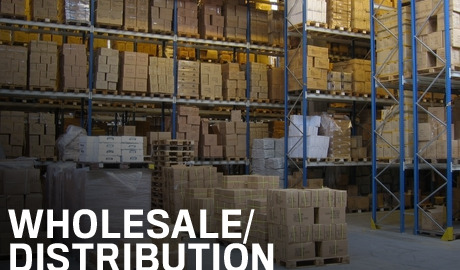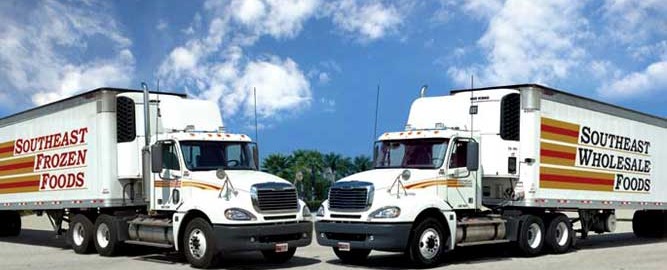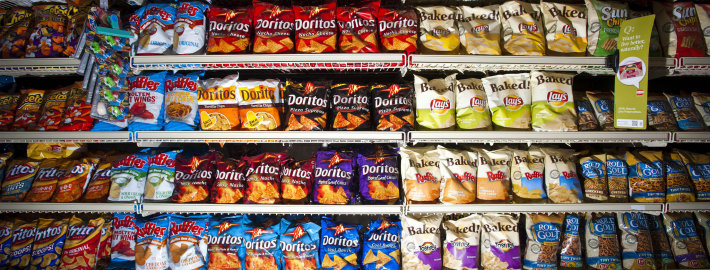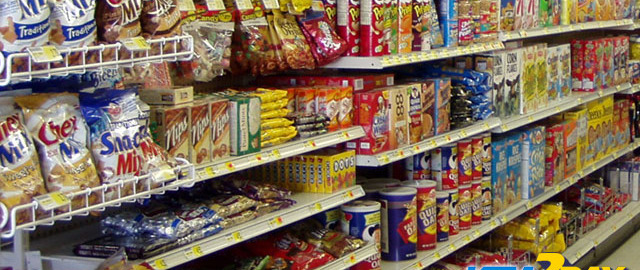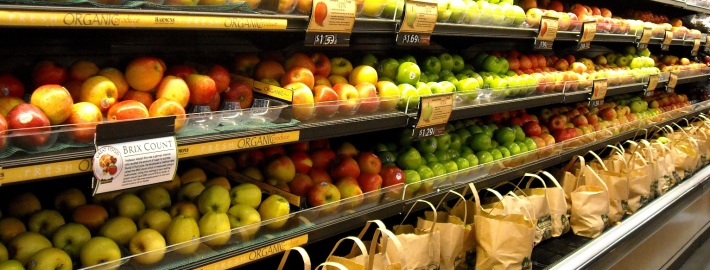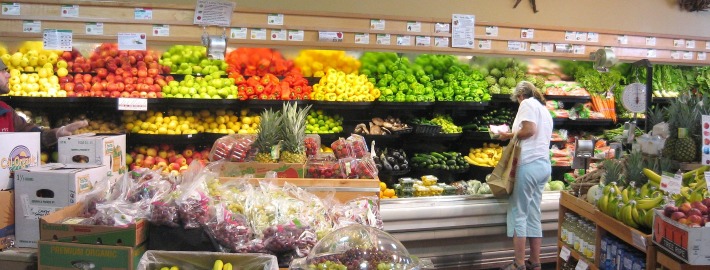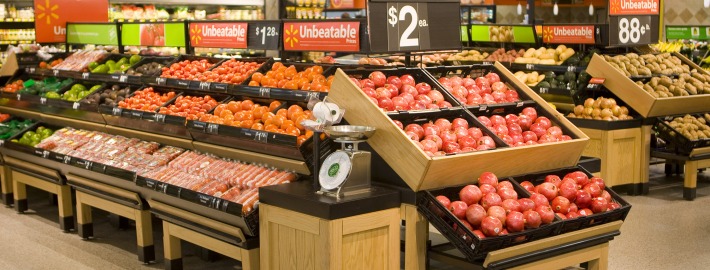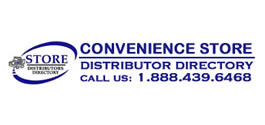Wholesale Distribution Tips for Your Business
Wholesale Distribution Tips for Your Business
Are you an enterprising distributor who would like to expand business and distribution chain across state and national borders? You can do that in phased manner by detailed study of successful business models which have been used by wholesale distributors in the past to expand their business. The wholesale distribution business is based on volumes and your ability to negotiate prices from both manufacturers and retailers. The first step you would need to take before starting a wholesale distribution business is to decide the area you would like to service and the volumes you can distribute.
There are varied types of wholesalers who serve their customers like c-store chains, grocery store chains and also standalone stores on a local, regional and national level from strategically located warehouses. Depending on your business experience and financial background you can either be a small volume or large volume distributor and can grow gradually. Though the internet is an obvious choice for most research oriented subjects it can only help you in a limited scope where wholesale business in concerned and you will learn more about tricks of the trade from others in the trade. Carry out detailed research about which products sell the fastest and ask for products in demand which will give you a fair idea.
Tips for ensuring success of wholesale distribution business
Strong product portfolio – Carry out a detailed research about which products and services will give highest returns and also study the hassles of managing them. Durable products like cigarettes, lighters, personal hygiene and beauty care products, air fresheners, bathroom cleaners, batteries and paper products are the best items to start when starting a wholesale distribution business. These products do not require special storage facilities and are used frequently therefore will always be in demand.
Identifying reliable suppliers – The success of any wholesale distributor’s is dependent on his suppliers who are its pillars and supply the lifeblood of products which can be distributed to c-store chains, grocery chains, wholesalers and dealers. There are several distributors and big stores dealers who can provide the manufacturers higher profits as they directly sell it customers but their geographical area is limited. When you are discussing contracts with manufacturers confirm the exact quantity that they can supply to you on a monthly or quarterly basis. Besides quantity you also have to work out price levels that manufacturers will charge, if price levels fluctuate on a regular basis then it will affect your margins and it is advisable to avoid business with these suppliers.
Merchandise variety – Try to have a varied portfolio of products which are generally required by stand- alone convenience stores in remote locations. The larger your merchandise list you will have a better chance at being single distributor to small grocery stores and merchants in your area. Both large chains and small stores prefer buying their merchandise from few wholesale distributors and suppliers instead of working with several to have better credit lines and control over product quality and supply.
Introduction of new products – As a distributor you must always be on the lookout for new and exciting products that can enhance your portfolio and bring new customers. Your ability to identify interesting items whether they are perishable or nonperishable will make your supply trucks a welcome visitor to all your convenience store clients. Keep an eye on the competition for information about new products and their market demand. If you can find valuable products which can create profitable footprints on the checkout counter then it will help improve your profits and also of your customers.
Develop relationships in business – Every business enterprise thrives on building relationships whether it is between distributor and his clients or between c store owner and his customers. Your behavior as a distributor of essential supplies to every c-store manager or a grocery store owner should be centered on building longtime relationship of cordiality and mutual benefit. If you spend time with your clients every time during delivery to discuss business and local gossip and also help them to decide about display sections or other issues it will show that you actually care about their business. A similar strategy can be adopted with your manufacturer/suppliers and they will keep you updated about new products in the pipeline and also provide products at a better price.
Importance of location – Even if you have started your wholesale business on a small scale by making deliveries to local stores do not limit your resources to a small group of buyers and keep expanding your clientele to include as many stores as possible in the shortest possible time. Wholesale distributors generally start their business by servicing 150-200 locations on a fortnightly basis and over a period of time they shorten it down to 75 – 100 stores which provide them steady business and profits. Even after you reach a comfortable business turnover level do not rest on your laurels but keep exploring for products and clientele across state boundaries as nothing in this world is forever.
Enjoy business with profitable agreements – After identification of suppliers and retailers have valid agreement with them about concerns like return policies, large volume discounts, pricing terms, delivery schedules and time lags for every order. This will ensure that your profits remain secure for a particular period of time until the contract gets renewed gain. Keep learning from your experiences and you will never lose in this business. Keep meeting traders, manufacturers and actively participate in trade association meetings which will give you updates about changing market trends. Unless you like the business you are in it will not earn you required profits and your products will soon lose their “X” factor.
This business requires constant change and to stay ahead of the pack and distinguish your brand from the regular distributors and dealers you have to be smart and innovative. Maintain a visible profile at all trade shows and wholesale distributor association meetings. Keep expanding your network of suppliers and customers which will give you better profits and negotiating power. On a regular basis evaluate your suppliers and customer to root out the unprofitable or unreliable ones and concentrate on the profitable ones.

